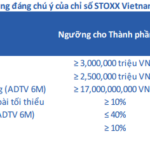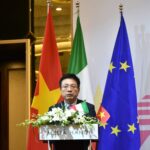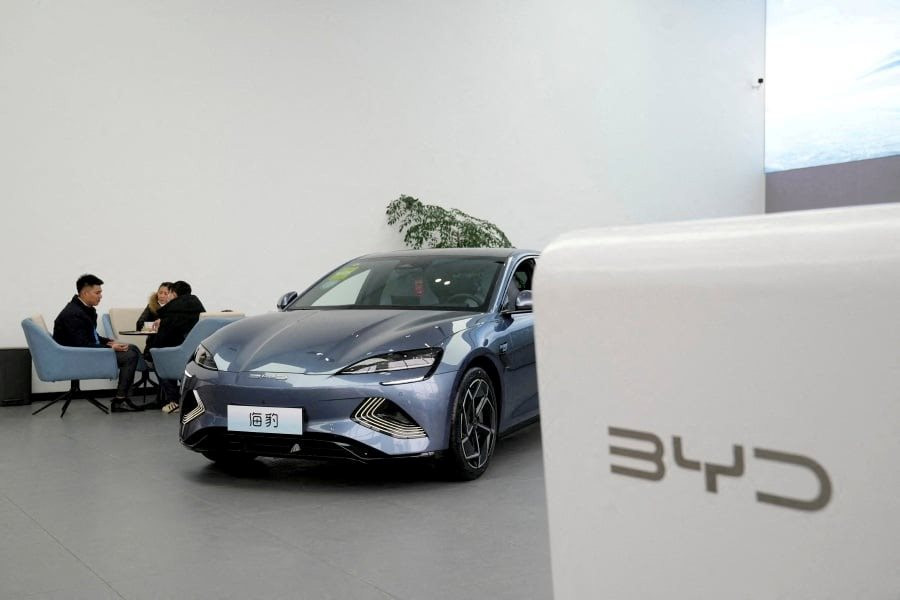
Illustration photo
Thailand has long been a hub for automobile manufacturing and exports, dominated by Japanese brands such as Toyota Motor and Honda. However, electric vehicle sales in the country have been sluggish this year, with only 43,000 units sold so far and unlikely to meet the target of 100,000 set by the Electric Vehicle Association of Thailand (EVAT).
These sales reflect the overall automotive industry in Thailand, where automobile production declined by 17.28% in the first seven months of 2024 compared to the previous year, standing at 886,069 units.
The slump in electric vehicle sales is attributed to banks’ hesitancy in offering loans for electric vehicles as deep discounts impact the asset’s value.
“High household debt is tightening credit, which will make it difficult to sell electric vehicles,” said Siamnat Panassorn, representing EVAT Thailand.
A Reuters survey showed that Thailand’s household debt, already among the highest in Asia, has risen to a record high due to slow economic growth, lower incomes, and high living costs.
During a meeting in June with the Bank of Thailand, EVAT lobbied for state-owned banks to provide more auto loans. EVAT stated, “The outcome of that meeting was that banks could calculate a family or household’s income when considering loans.”
The Thai government has offered massive tax incentives and subsidies to encourage a shift to electric vehicles, targeting a 30% annual production of about 2 million cars by 2030. To qualify for the incentives, automakers must produce in Thailand this year a similar number of cars they imported from 2022 to 2023.
This plan has attracted over $1.44 billion in investments into new manufacturing facilities from Chinese electric carmakers such as BYD and Great Wall Motor, positioning Thailand as a regional hub for electric vehicle production.
Thai electric vehicle manufacturers are seeking to renegotiate government incentives as sales slow. Major Thai producers, including large Chinese and Japanese companies, are looking to extend the production deadline set in the government’s incentive plan.
“The condition stipulates that we must produce within a year, and we would like to have an extension of another year due to the current market difficulties,” said Suroj, executive vice president of SAIC Motor-CP, a joint venture between SAIC Motor and Thailand’s CP Group.
Regarding overall market sales, according to the Federation of Thai Industries, automobile sales in the second quarter dropped by 24% year-on-year, following a 25% decline in the first quarter. This has also allowed Malaysia to overtake Thailand in second place for automobile sales in Southeast Asia.
According to Reuters

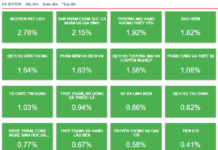
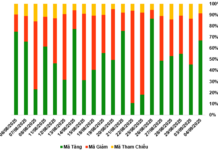



![[Infographic] A Mid-Year Review: Banking Sector Performance in 2025](https://xe.today/wp-content/uploads/2025/09/info-ngan-hang-quy-2-218x150.jpg)
















